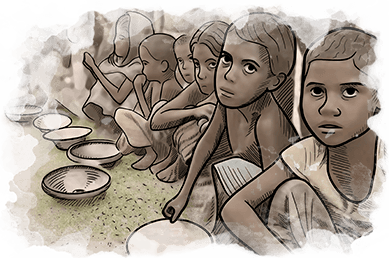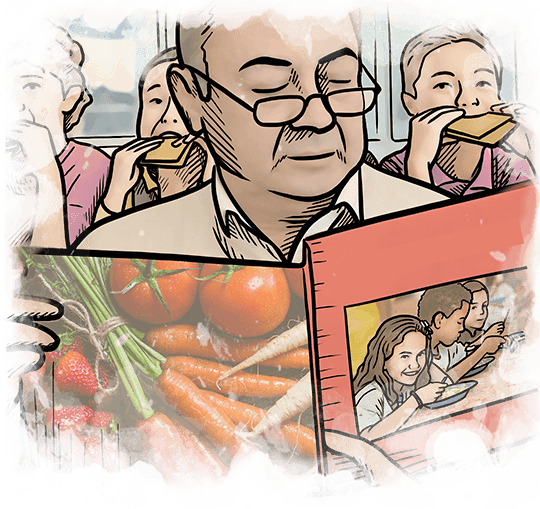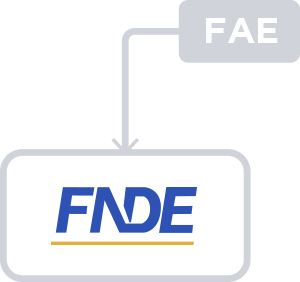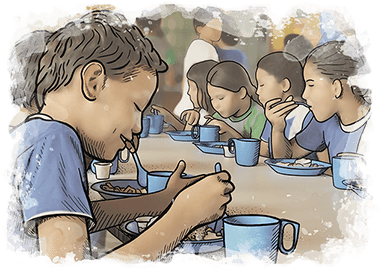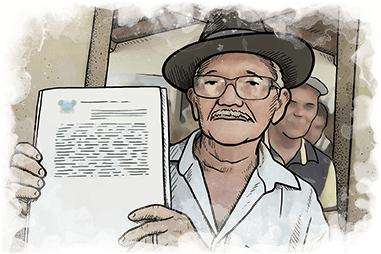1970
The third stage of the creation of the Brazilian National School Feeding Programme happened in the 1970s, when the incentive to prioritize national products and domestic trade first began. Thus, from this time until the mid-1980s, there was a significant expansion of industrialized national goods and their inclusion in school feeding menus.
1976
Also in the 1970s, more precisely in 1976, the National School Feeding Campaign (CNAE) and the Second National Feeding and Nutrition Programme (II PRONAN) were integrated. During that time, public schools’ basic education students began receiving food supplements with 15% of nutritional recommendations.
1979
From 1979 on, these actions started being called the Brazilian National School Feeding Programme (PNAE). Although the PNAE expands its coverage every year, its assistance nature lasted until the promulgation of the Federal Constitution (CF) in 1988, when the Programme advanced significantly and started supplementing the educational policy, as to ensure school feeding to all elementary school students. According to the article 208 of the Federal Constitution (subsection VII), school feeding must be guaranteed by federal entities: Union, States, Federal District and Municipalities.
1997
Here it is important to emphasize the extinction of the Student Assistance Fund (FAE) and its regional representations, in 1997. Also, the incorporation of its actions to the National Fund for the Development of Education (FNDE), an autonomous agency linked to the Ministry of Education (MEC), which is currently the one responsible for the PNAE´s actions.
2005
In 2005, aiming at the implementation of school feeding programmes in other countries, the Programme achieved other accomplishments, such as international partnerships that resulted in International Deals struck with the Food and Agriculture Organization of the United Nations (FAO) and the World Food Programme (WFP).
2015
Finally, the Resolution CD/FNDE no. 4, of 2015, modified the criteria application manner for selecting and classifying sale projects in the scope of smallholder farming and smallholder entrepreneurs and their organizations.
